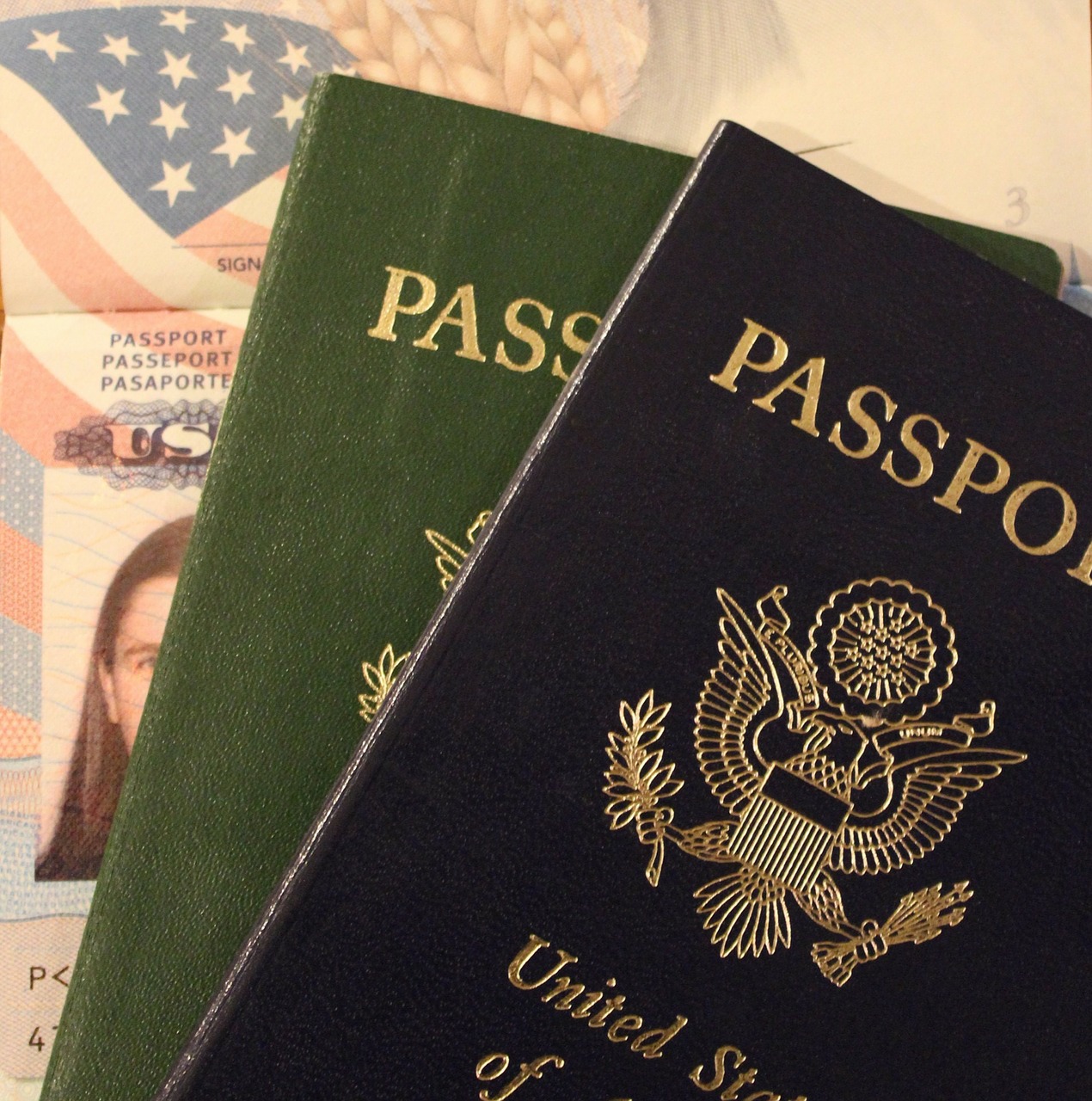The request by the Interior Minister Roberto Maroni to the European institutions to sustain Italy more actively in tackling what he defines a situation of emergency, has been criticized by many actors both nationally and internationally. The government, according to many representatives of the centre-left, would be using strategically the arrivals of immigrants and creating unfounded fears among the population and foreign institutions to cover its own incapacities and mistakes concerning the management of immigration. Laura Boldrini, spokeperson of the UN High Commission for Refugees, warns against the risks of spreading false alarmism and of speaking of a supposed ‘invasion’ from Egypt, Tunisia and Libia. She has also invited the Italian Navy and Italian fishermen to keep showing their traditional solidarity toward migrants. The tensions between the Italian government and the UE continue after UE representatives have made clear that the UE will not help Italy in distributing the newcomers in other countries. The EU, in other words, will assume its responsibilities about the situation in the Mediterranean area but without making any discount to Italy; and invites our country to perform its own duties concerning immigration. A high official of the US government has also accused the Italian government of being fuelling unmotivated xenophobic fears among the population through the use of the media (almost totally controlled by Berlusconi) and of creating unfounded links between criminality, terrorism and illegal immigration. The official stressed that the majority of irregulars do not arrive in Italy in the so called ‘boats of the desperates’, but following other routs and using other transports. What is lacking in Italy, then, would not be only an adequate immigration policy, but also concrete resources to face and address the existing problems. In the meantime, a joint mission in Lampedusa, involving the Italian government and Frontex, has just started. Our country will provide nautical means to patrol a coastal area defined ‘at risk’. Other European countries will help with their air means, and a specific task force has been created to identify migrants and to investigate criminal nets that manage the trafficking of human beings. Attacks to the incapacity of Italy in managing effectively the situation have been raised also by CARITAS that firmly condemns the government’s policy of rejections which would hinder immigrants’ basic human rights. What emerges from the critiques of all these actors is the government’s incapacity to plan organic actions aimed at receiving immigrants.
The Structural Limits of the Italian System in Tackling Immigration






